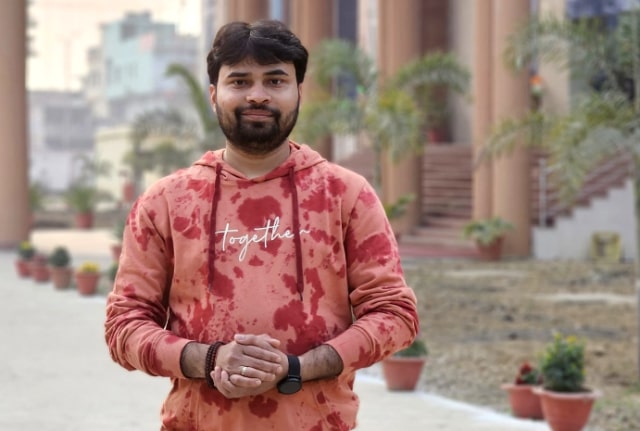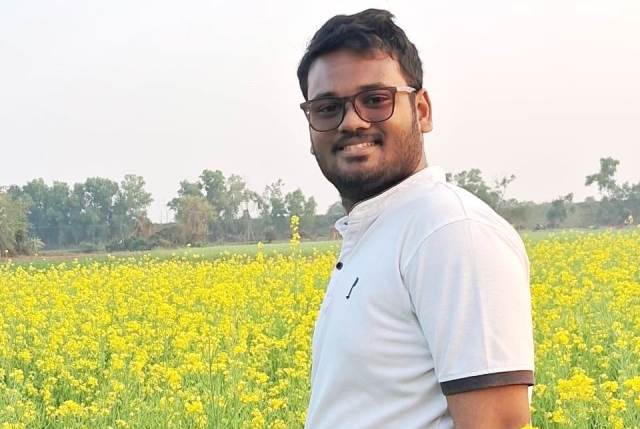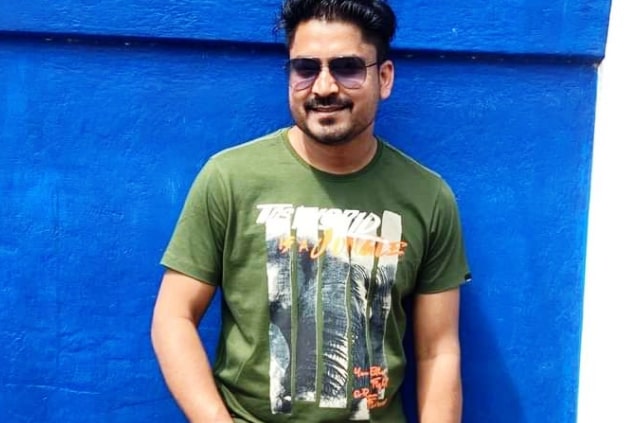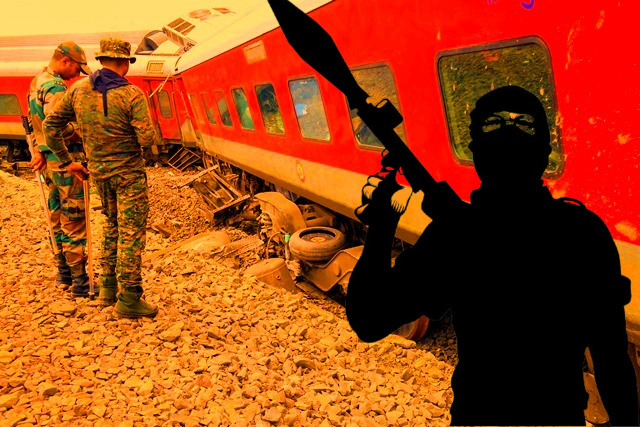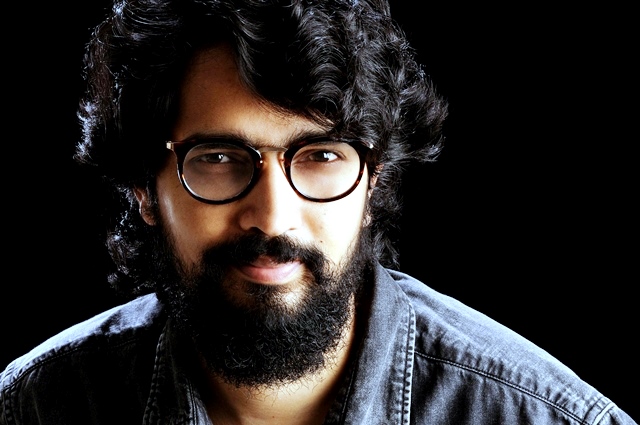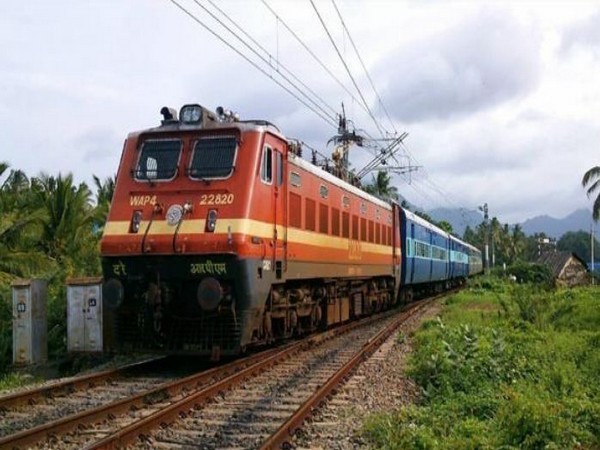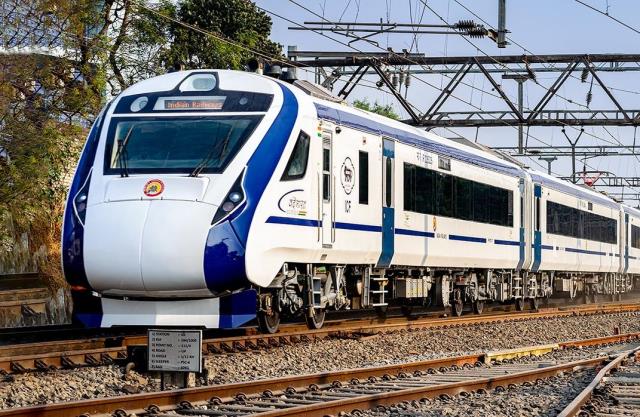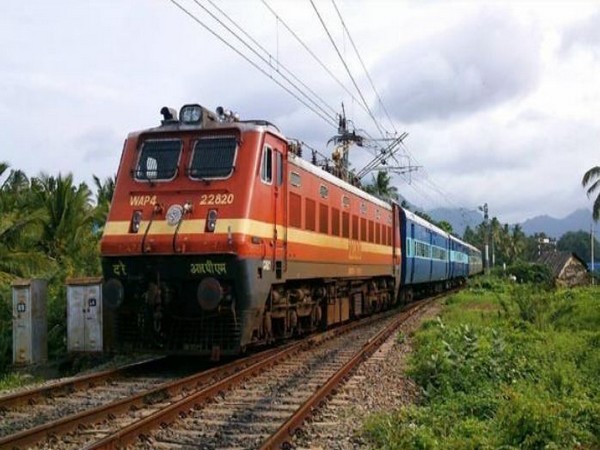India’s vast and intricate railway network, which spans across the length and breadth of the country, plays an essential role in the nation’s economy and public transportation system. It is often referred to as the lifeline of India, not just because it connects towns, cities, and remote areas, but also because it serves as the backbone of industries reliant on the efficient movement of goods. One such industry is the power sector, and more specifically, the National Thermal Power Corporation (NTPC), which is responsible for a significant portion of India’s electricity generation.
In recent times, reports of a nefarious phenomenon referred to as “Rail Jihad” have surfaced, causing alarm across multiple sectors. The most recent incident involving NTPC tracks has stirred debates and led to questions about the potential motives behind these acts. Is this an act of sabotage aimed at crippling the economy and essential services, or is it part of a more sinister conspiracy aimed at destabilizing the country? To better understand this incident, we need to look at several key aspects.
Is ‘Rail Jihad’ For Real?
Social media is rife with reports about what it has come to describe as “Rail Jihad” albeit derogatorily. This is a purported strategy of sabotage involving deliberate damage to railway infrastructure by specific groups (read Islamic fundamentalists). In the context of India’s delicate communal balance, the use of the word “Jihad” implies a religiously motivated element, though this assertion remains speculative without concrete proof. The idea of ‘Rail Jihad’ suggests that certain radical groups might be targeting India’s critical infrastructure, specifically railways, in an attempt to incite panic, disrupt services, and, in the worst cases, cause loss of life.
However, the use of this term is contentious. Critics argue that ‘Rail Jihad’ is a highly inflammatory description which plays into communal fears, with little or no factual evidence to back up claims of religious motivations behind railway sabotage. The term, thus, becomes a tool to provoke societal discord and raise tensions, something that is especially dangerous in a diverse nation like India.
NTPC and the Railway Connection
NTPC is one of India’s largest power producers, with a significant portion of its coal requirements transported via railways. Any disruption to this logistics chain can have a ripple effect on the country’s power grid. In an era where India is striving to meet its rising energy demands and reduce dependency on imports, maintaining the flow of coal to power plants is essential. This makes the NTPC railway network a crucial element in the nation’s infrastructure.
The recent sabotage on NTPC railway tracks, which caused delays and damaged locomotives, has sparked widespread concern. If these actions were to continue unchecked, they could significantly hamper NTPC’s ability to meet the country’s power needs. This raises the question: are these incidents isolated acts of vandalism, or do they represent a coordinated effort to undermine India’s energy security?
Sabotage or Sinister Conspiracy?
To label the NTPC rail sabotage as part of a “sinister conspiracy” would require a deep dive into who stands to gain from such acts. One of the most plausible explanations could be economic sabotage. With India’s economy heavily reliant on energy production, any disruption to the flow of coal could result in power outages, disrupting industries, businesses, and daily life. A successful sabotage of NTPC’s supply chain could set back not just the corporation but the entire nation’s progress. This may serve the interests of India’s rivals or other entities that would benefit from destabilizing the country.
In this regard, the term “sinister conspiracy” might not be entirely far-fetched. Sabotaging critical infrastructure is a classic tactic used in asymmetric warfare, where non-state actors or foreign elements target a country’s vulnerabilities. India, which is surrounded by hostile neighbours and faces numerous internal security challenges, could indeed be a prime target for such strategies. It is essential to examine whether these incidents are isolated or part of a larger scheme to destabilize India’s economic backbone.
Moreover, if there is a religious or ideological dimension to these acts, as the term “Rail Jihad” suggests, then the situation becomes even more precarious. Extremist groups may view such acts of sabotage as a form of “economic warfare” aimed at weakening the state’s ability to function. In this case, the motive would not just be economic but also ideological, driven by a desire to see the Indian state fail, particularly if it is perceived as representing a particular religious or political ideology.
Investigative Challenges and Responses
Determining the exact cause and culprits behind these acts of sabotage is a complex task. While the idea of a “Rail Jihad” might evoke strong emotions and concerns, it is essential to base any conclusions on factual investigations. Railway sabotage can be carried out by a wide range of actors – from disgruntled employees, local criminals, and opportunists, to politically or ideologically motivated groups.
The recent incidents involving NTPC railway tracks have prompted the Indian government and security agencies to increase surveillance and monitoring of critical railway infrastructure. The challenge, however, lies in the vastness of India’s railway network. It is virtually impossible to monitor every inch of track across the country. This makes railways an attractive target for saboteurs, as the likelihood of detection is low, and the potential impact is high.
One potential solution is the increased use of technology, such as drones and artificial intelligence, to monitor railway tracks for any signs of tampering. Advanced surveillance systems could provide real-time alerts and enable faster responses to incidents of sabotage. Additionally, there needs to be better coordination between law enforcement, railway authorities, and intelligence agencies to pre-emptively tackle any threats.
The Role of Media and Public Perception
The role of the media in framing this issue cannot be overlooked. The term “Rail Jihad” is sensational and emotive, but it also risks polarizing public opinion. It is crucial for the media to strike a balance between raising awareness about the seriousness of railway sabotage and avoiding inflammatory language that could incite communal tension.
Public perception is also influenced by political narratives. In a country as diverse as India, any issue that carries the possibility of a communal angle must be handled with extreme care. If the NTPC rail sabotage incidents are framed as part of a religiously motivated conspiracy, it could lead to a rise in communal tensions, regardless of whether such motivations exist. This makes it all the more important for the government and media to focus on facts and avoid sensationalism.
Moving Forward: A Collective Responsibility
Whether the incidents involving NTPC rail tracks are isolated acts of sabotage or part of a larger conspiracy, the nation must respond collectively. It is essential to address the immediate threat by securing railway infrastructure and ensuring that any disruptions to the supply chain are quickly resolved. At the same time, there must be a broader conversation about the role of sensationalist language in shaping public perception. Terms like “Rail Jihad” can create unnecessary panic and exacerbate communal tensions in an already fragile environment.
In conclusion, while there is reason to be concerned about the potential for sabotage of critical infrastructure, it is equally important to avoid jumping to conclusions based on fear or speculation. A thorough investigation must be conducted to determine the true motives behind these incidents. At the same time, the country must remain vigilant and united in protecting its vital infrastructure from all threats, whether internal or external. In a world where economic and ideological warfare is increasingly intertwined, India must stay prepared, informed, and resilient.
For more details visit us: https://lokmarg.com/
